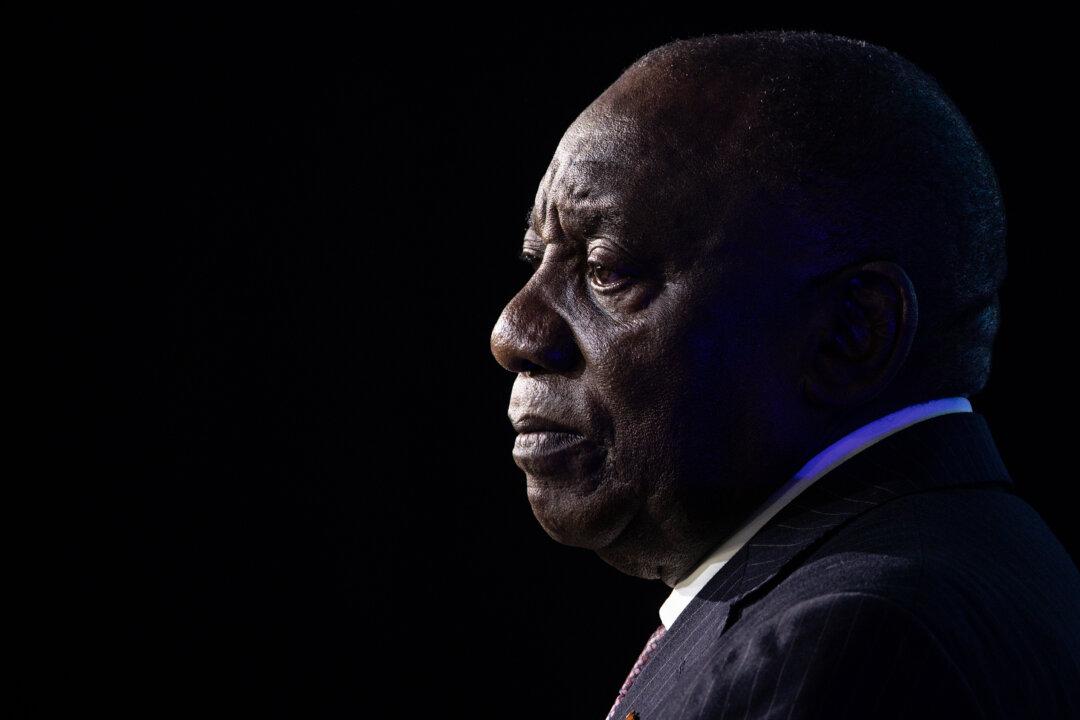JOHANNESBURG—The South African government is lobbying the administration of President Joe Biden to renew Washington’s flagship preferential trade program with African countries before the November U.S. election.
The African Growth and Opportunity Act (AGOA), enacted in 2000, gives 32 African countries tariff-free access to U.S. markets for a diverse range of products, earning them billions of dollars.





